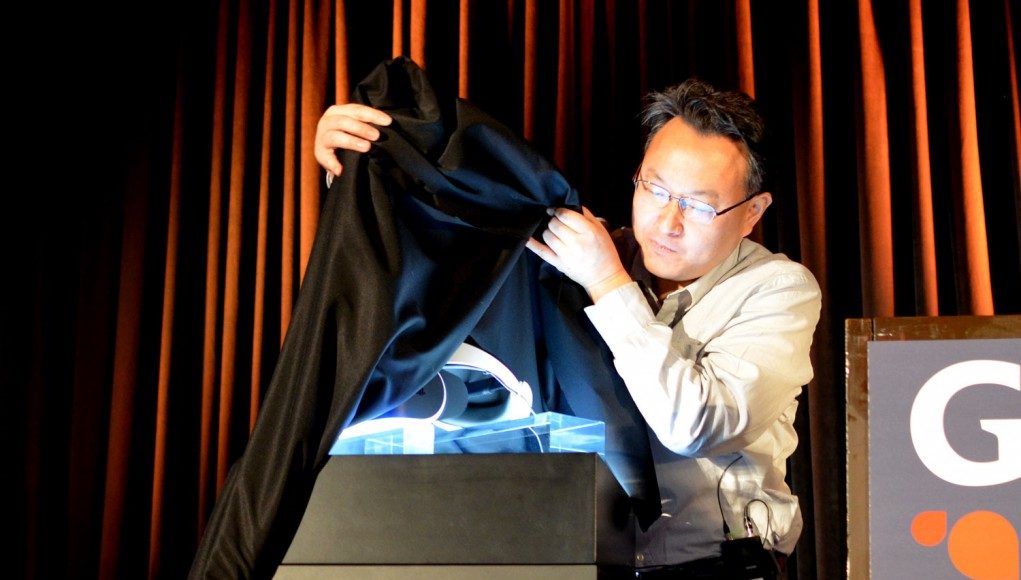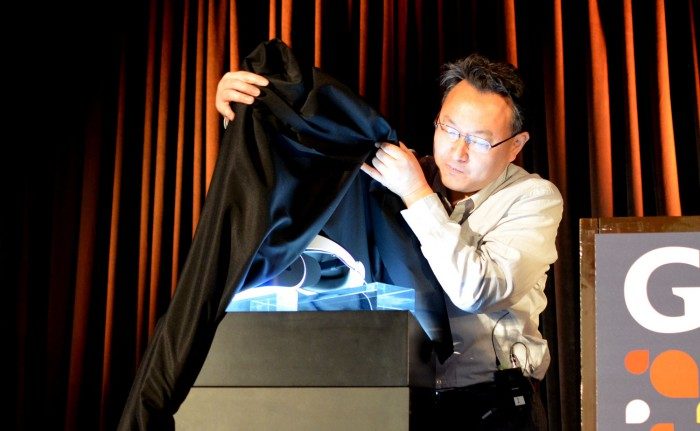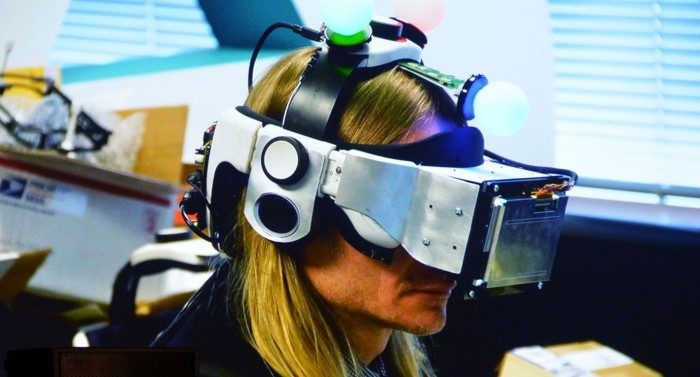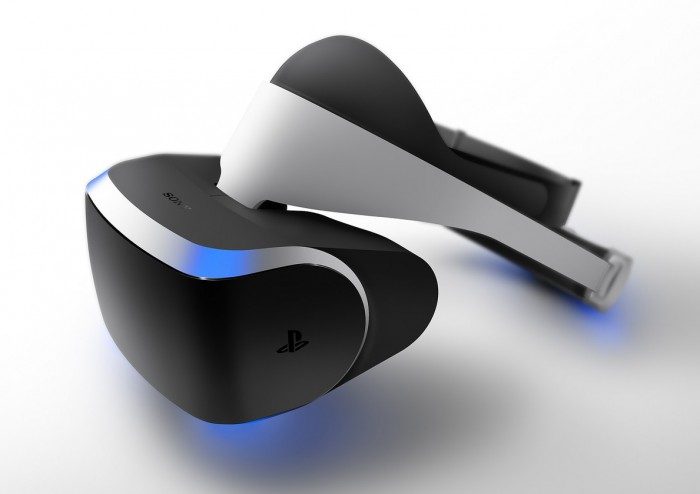What does Sony’s entry into the VR arena mean for Oculus and the future of virtual reality?
Having live-blogged the announcement conference, I didn’t have time to stop and think about what was actually being said until it was all over. Wow. Sony just jumped into the VR space in a big way… and it looks like they’re doing it right. What does it all mean?
The Right Way
I have to applaud Sony for their smart marketing. There was major risk of looking like they were shouting “us too!” while standing in Oculus’ shadow. Morpheus could have come out looking like a cheap ripoff, but they definitely came off with the impression that this is something they have taken seriously and have been working on for a long time. Not only do they have a developer kit that looks aesthetically good enough to be a consumer product, they have a (relatively) decent array of demos ready to show the world and a fleet of eight developer kits in the spotlight at their booth on the show floor. Sony didn’t hack these together under pressure. They carefully planned their approach and were very ready for a full reveal at GDC. At least, that’s how it all appears.
In their presentation they lauded Oculus as being inspirational and said in the Q&A that they were working together “in spirit” toward a common goal of great VR and immersive experiences. They could have come off like the big mean corporation trying to steal a great idea from Oculus, but they managed to (so far) avoid that.
Importantly, they made it clear that they’ve been listening. Sony’s showing of the HMZ-series ‘personal 3D viewer’, which was haphazardly positioned toward VR at CES 2014, came off as a company that was completely out of touch with what it means to have a good VR experience (though it was a different arm of Sony). Project Morpheus, on the other hand, is clearly hitting all of the important points. Sony has shown that they know they need positional tracking, low-persistence screen, wide field of view, and custom content. Their presentation made it very clear they they’ve been watching Valve and Oculus closely, and their single-screen approach shows that they agree with this sort of VR being the way forward.
Validation
All heads figuratively swiveled to Oculus the moment Sony unveiled Project Morpheus, the dev kit for the PS4 VR headset. There was real fear that if Sony pushed bad VR out to the masses, it could cripple the industry again. But with Sony showing that they paid attention to the foundation that Oculus, Valve, and others have laid over the last few years, they effectively quelled that fear.
For Oculus the reveal of Project Morpheus is majorly validating: one of the biggest consumer electronics companies in the world just said ‘we think VR is the future.’ If Oculus was publicly traded, you’d have seen its stock price skyrocket after Sony’s announcement. Sony didn’t just step into the VR arena, they doubled the size of the stadium.
Not Direct Competition
One important thing to note is that Sony and Oculus are not directly competing at this point. Just like consoles and gaming PCs don’t compete in the exact same space, the Oculus Rift and PS Morpheus are not vying for the same consumer dollars.
Consoles exist because people want ease-of-use. They want to come home, flop on the couch, power up their console and just play a game. They don’t want to boot up their computer, update graphics card drivers, and configure third-party voice chat applications. Developers too want a single platform to target and optimize against. Then there’s the PC gamers and developers who want to be on the bleeding edge and are willing to put up with PC woes to be there.
With Morpheus being on PS4 and Oculus Rift being on PC, the same rules apply. We’re looking at a venn diagram with some overlap in the middle. How much overlap? That’s a great question.
Microsoft and the VR Event Horizon
Perhaps the biggest implication of Sony’s entrance into VR is that Microsoft just got sucked in with them. Mark my words, Microsoft will also get into the VR space. They can’t afford not to. Sony is going to push VR as a unique selling point for its console and they’re going to push it hard. It will be a big draw going forward, especially at this pivotal time in the new console generation. Consumers weighing up PS4 vs Xbox One will now have to factor in the dense mass of VR into their equation, and Microsoft will need to balance that scale. Oculus is going to nail VR on PC and Sony is going to nail it on console. Microsoft will have to present an offering, just like when Sony and Microsoft had to jump into the gesture-control game because of Nintendo’s undeniable success with the Wii.










